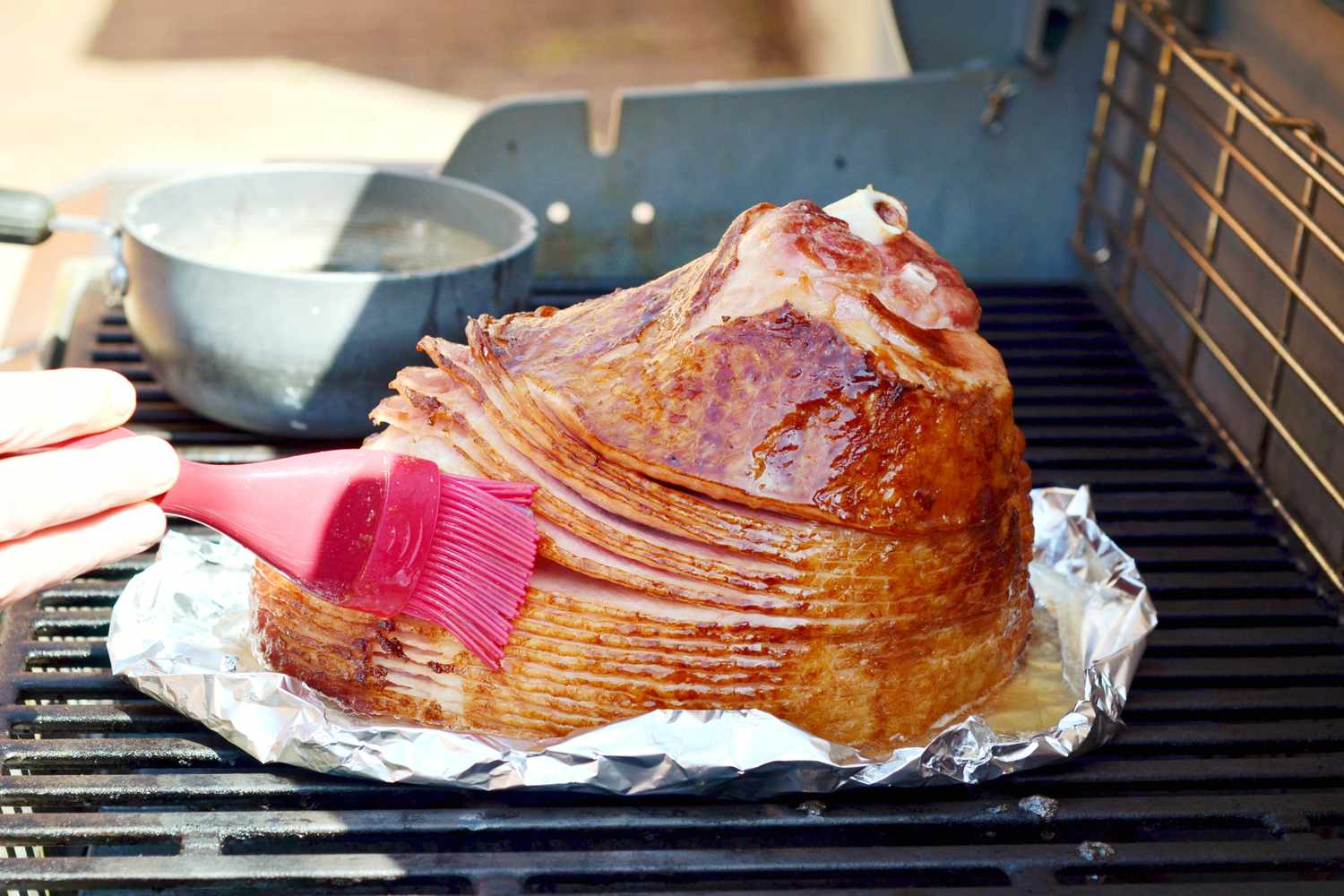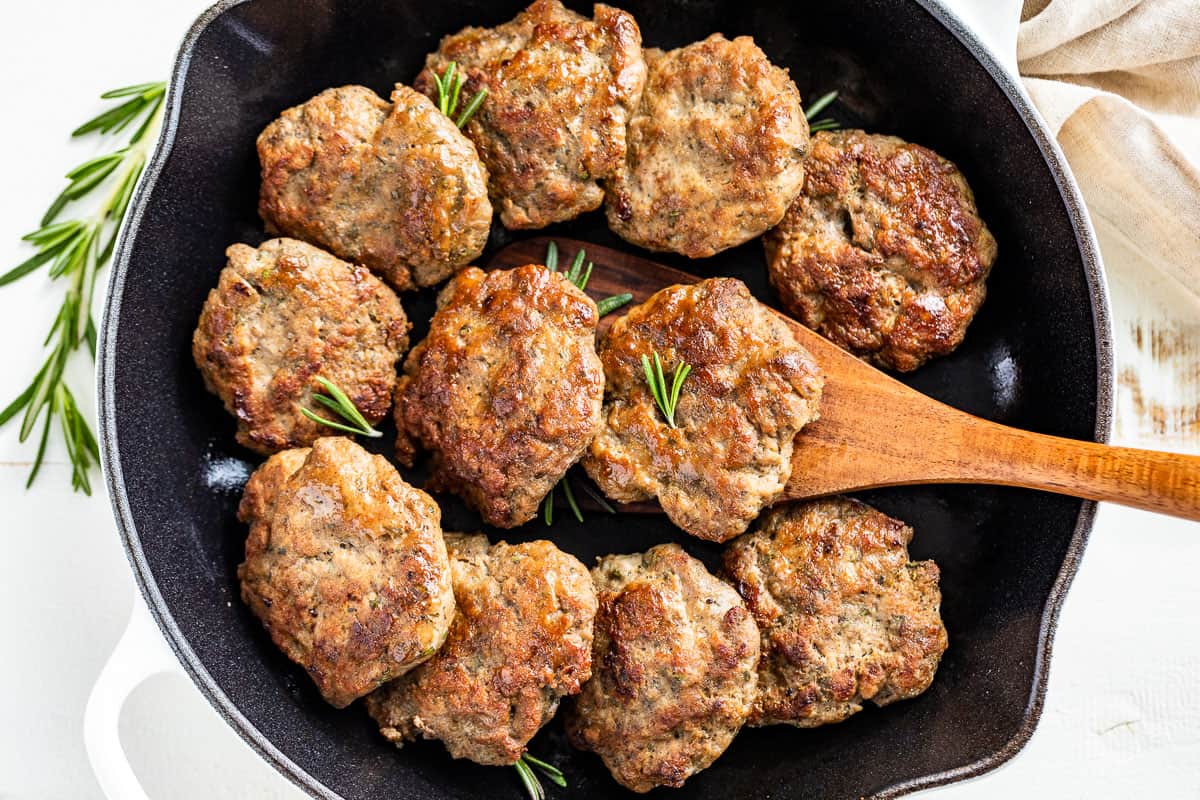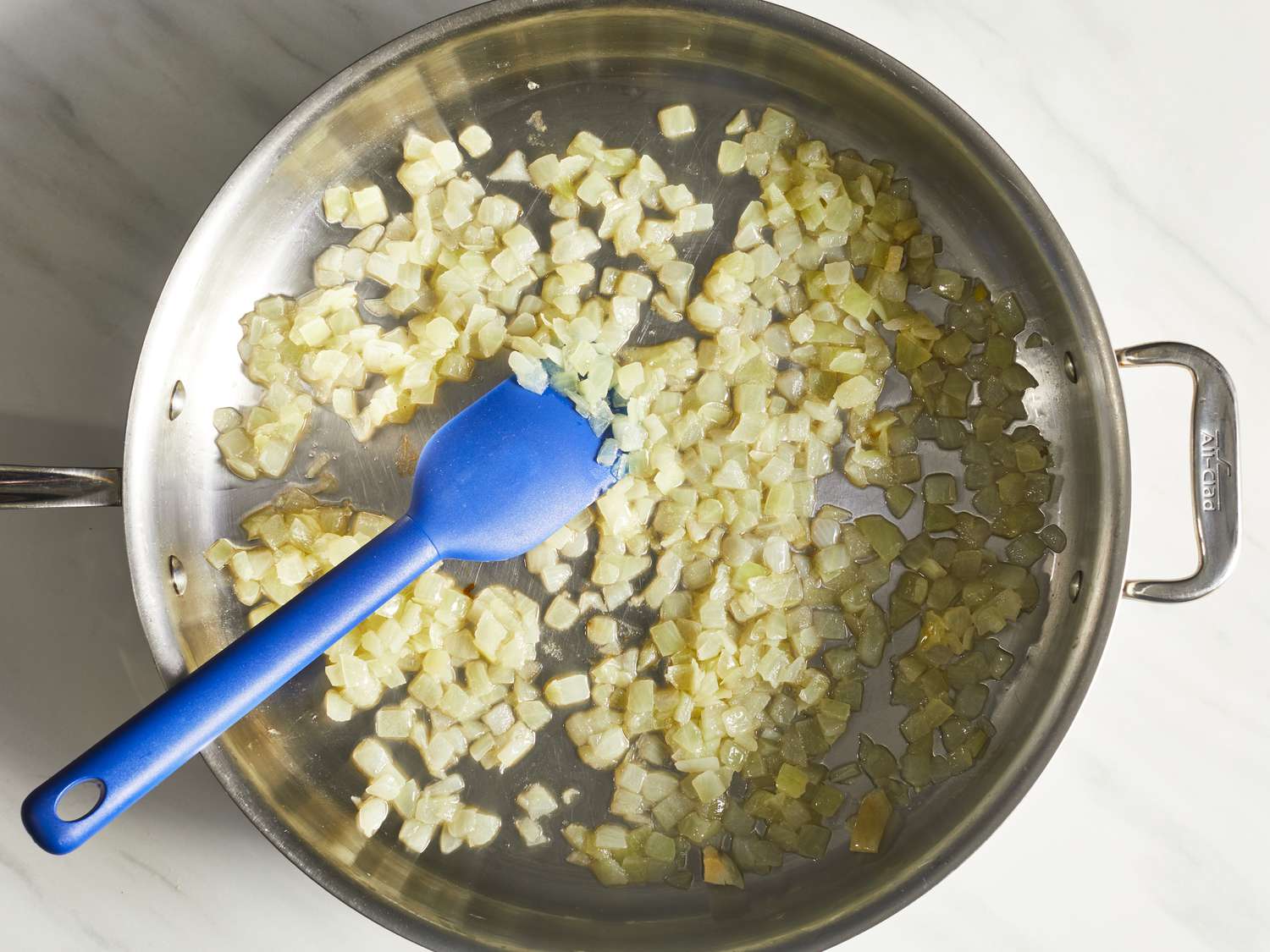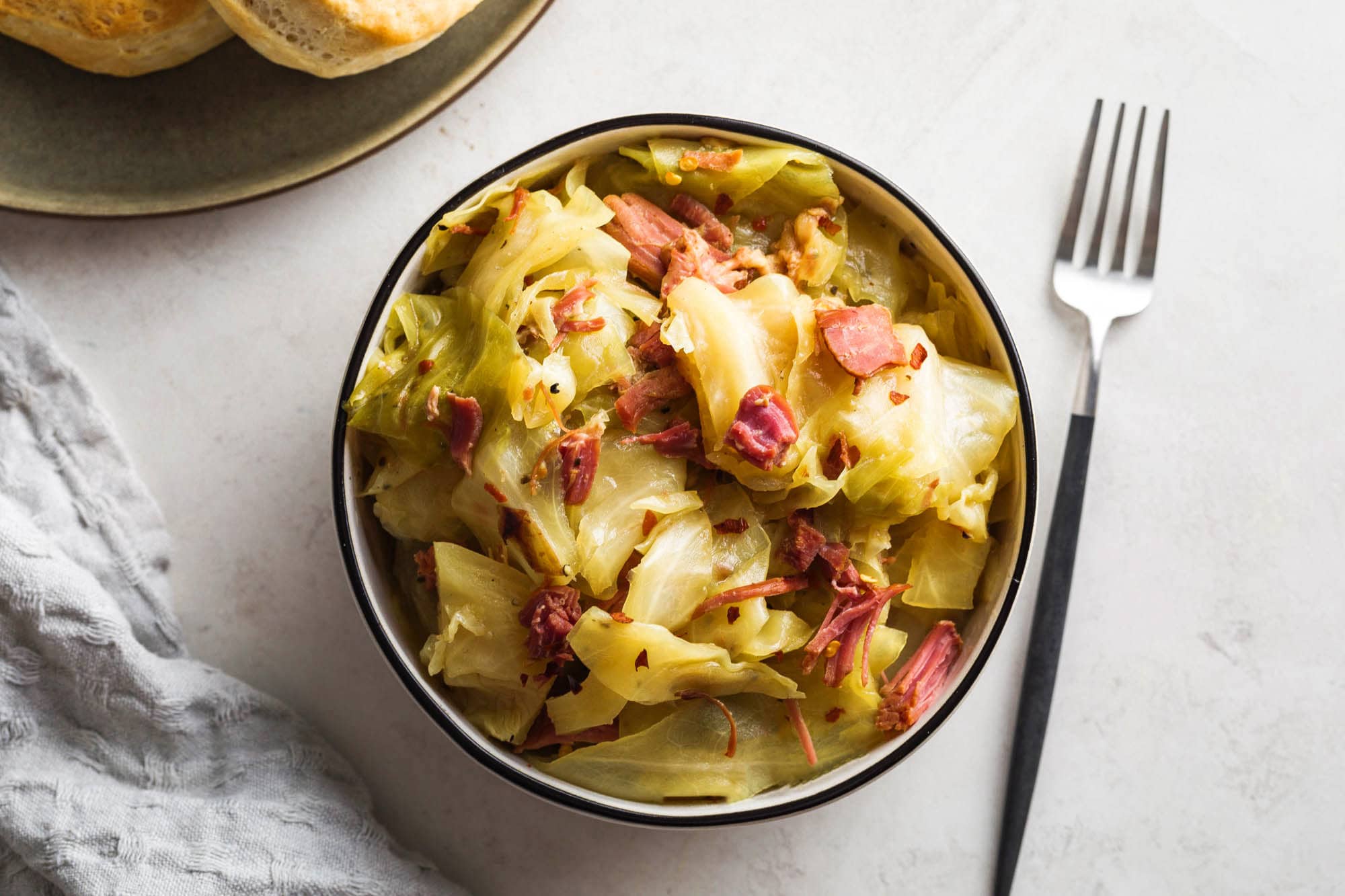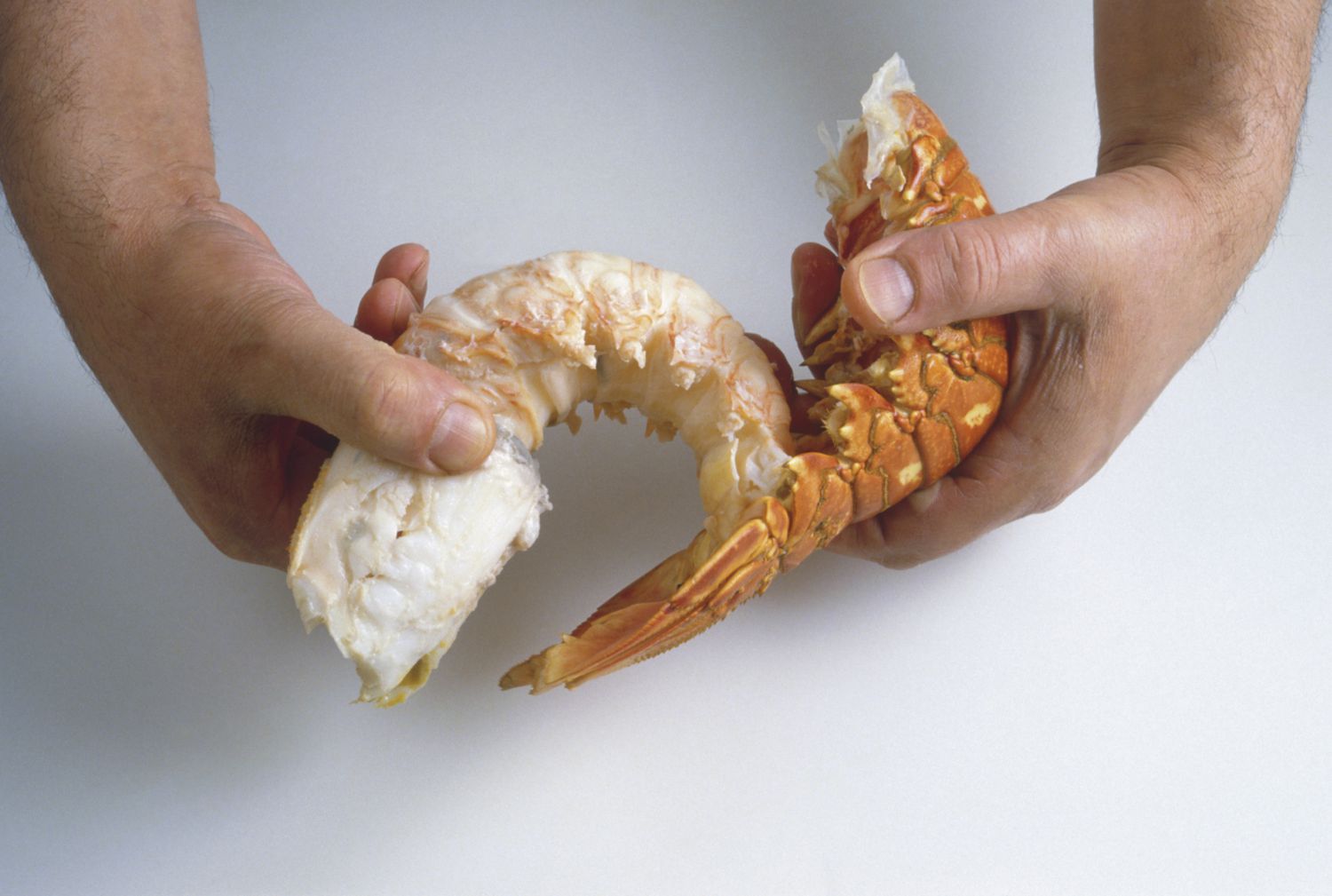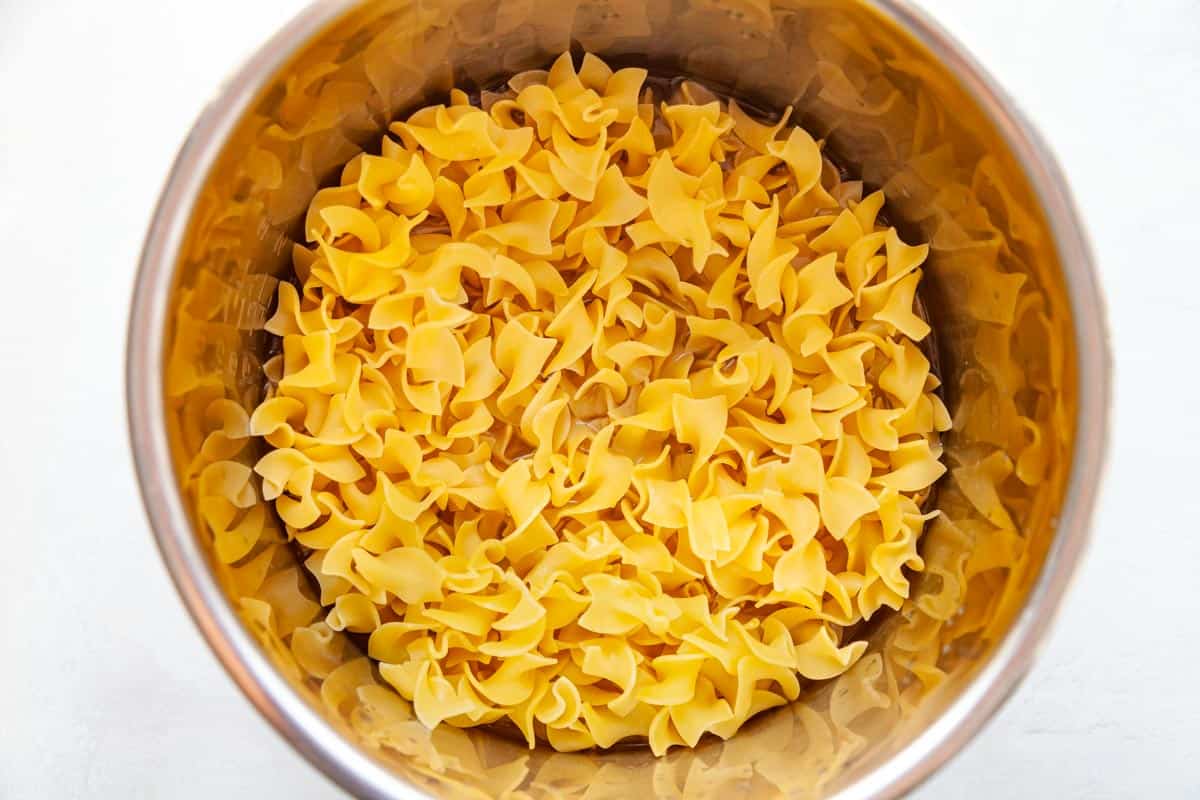How To Cook Eggs For Dogs With Diarrhea
Dealing with a dog experiencing diarrhea can be a challenging situation. It’s important to provide gentle and easily digestible foods to help soothe their upset stomach and promote healing. Eggs are a great option as they are highly nutritious and can be cooked in a variety of ways to entice even the pickiest of eaters. Let’s dive into the step-by-step guide on how to cook eggs for dogs with diarrhea.
1. Boiled Eggs
This is the simplest and most popular method of preparing eggs for dogs. Boiling eggs ensures that they are cooked thoroughly, making them easier to digest. Follow these simple steps:
- Bring water to a boil: Fill a pot with enough water to cover the eggs and bring it to a rolling boil.
- Add the eggs: Gently place the eggs into the boiling water using a spoon.
- Cooking time: Let the eggs boil for about 8-10 minutes for a perfectly boiled egg.
- Cool and peel: Remove the eggs from the boiling water and let them cool. Once cooled, peel the shells off and they are ready to serve to your furry friend.
2. Scrambled Eggs
Scrambled eggs are a delicious and easily digestible option for dogs with diarrhea. To prepare scrambled eggs:
- Crack and whisk: Crack the eggs into a bowl and whisk them until well beaten.
- Cooking time: Heat a non-stick pan over medium heat and pour the beaten eggs into the pan.
- Scramble: Stir the eggs continuously using a spatula until they are fully cooked.
- Cool and serve: Allow the scrambled eggs to cool before serving them to your pup. You can divide the eggs into smaller portions or mix them with some plain rice for added fiber.
3. Poached Eggs
If your furry friend prefers softer and more tender eggs, poached eggs are a great option. Here’s how to cook poached eggs for dogs:
- Prepare the poaching water: Fill a pot with water and bring it to a simmer. Add a teaspoon of vinegar to the water, which helps the eggs maintain their shape.
- Add the eggs: Crack the eggs into a small bowl and gently slide them into the simmering water.
- Cooking time: Let the eggs cook for about 3-4 minutes until the whites are set but the yolks are still runny.
- Drain and serve: Use a slotted spoon to carefully remove the poached eggs from the water. Allow them to cool before serving them to your dog.
Important Considerations:
- Avoid seasoning: When cooking eggs for dogs with diarrhea, it’s best to avoid adding any seasonings or ingredients such as salt, pepper, or butter. Keep it simple and plain.
- Portion control: Depending on your dog’s size, age, and dietary needs, be mindful of the portion sizes when feeding them eggs. Always consult with your veterinarian for specific feeding guidelines.
- Monitor your dog’s response: Pay attention to how your dog reacts to the eggs. While eggs are generally safe for dogs, some may have sensitivities or allergies. If you notice any adverse reactions, stop feeding eggs and consult your vet.
Now that you have learned different ways to cook eggs for dogs with diarrhea, you can provide them with a nutritious and soothing meal. Remember, always prioritize your dog’s well-being and consult your veterinarian if their symptoms persist or worsen.
More Delicious and Nutritious Egg Recipes for Your Dog
After understanding how to cook eggs for dogs with diarrhea, it's time to put that knowledge into practice with specific recipes designed for sensitive canine stomachs. Among the recipes worth trying, the Plain Boiled Egg and Rice Bowl for Sensitive Dogs stands out for its simplicity and digestibility, making it an excellent first meal for dogs recovering from stomach issues. For dogs who prefer a bit more texture, the Gentle Scrambled Eggs with Plain Rice for Canine Tummy Relief offers a soft yet appetizing option. Another highly recommended recipe is the Soft Poached Egg in Bone Broth for Dogs, which combines the soothing properties of bone broth with the gentle nourishment of poached eggs, ideal for dogs needing extra care. Each of these recipes uses minimal ingredients and easy cooking methods, ensuring that your dog receives the right balance of nutrition without aggravating their digestive system.
Was this page helpful?
Read Next: How To Cook Sabrett Hot Dogs
